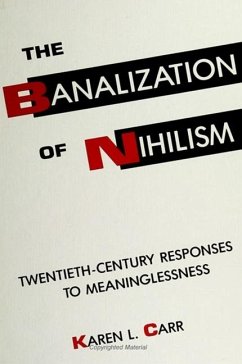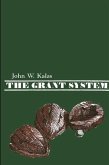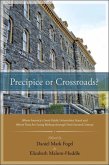This book analyzes the organizational interface between the public and higher education sectors as policy leaders experiment with cooperative strategies to optimize legislative appropriations, compete for organizational domain in vocational education, work together to manage a joint crisis posed by a popular tax revolt, and use the symbols of cooperation to build libraries in higher education. Focusing on the state of Utah, this micro-analysis of political relationships between policy elites--as conditioned by the organization rank and file--illuminates the political culture of upper echelon policymaking in education, focusing on the complex fabric of interests and contingencies that policymakers perceive and respond to in specific political circumstances. Abrams provides an in-depth, policy specific case-in-point of the political implications of a more competent state government presence in our public life. He draws perspectives from several research traditions in the social sciences to explain the dynamics of organizational competition and cooperation. The resulting analysis of state-level education politics is provocative and unconventional, and heightens our understanding of why the two education sectors must compete, and how they can cooperate.
Hinweis: Dieser Artikel kann nur an eine deutsche Lieferadresse ausgeliefert werden.
Hinweis: Dieser Artikel kann nur an eine deutsche Lieferadresse ausgeliefert werden.








